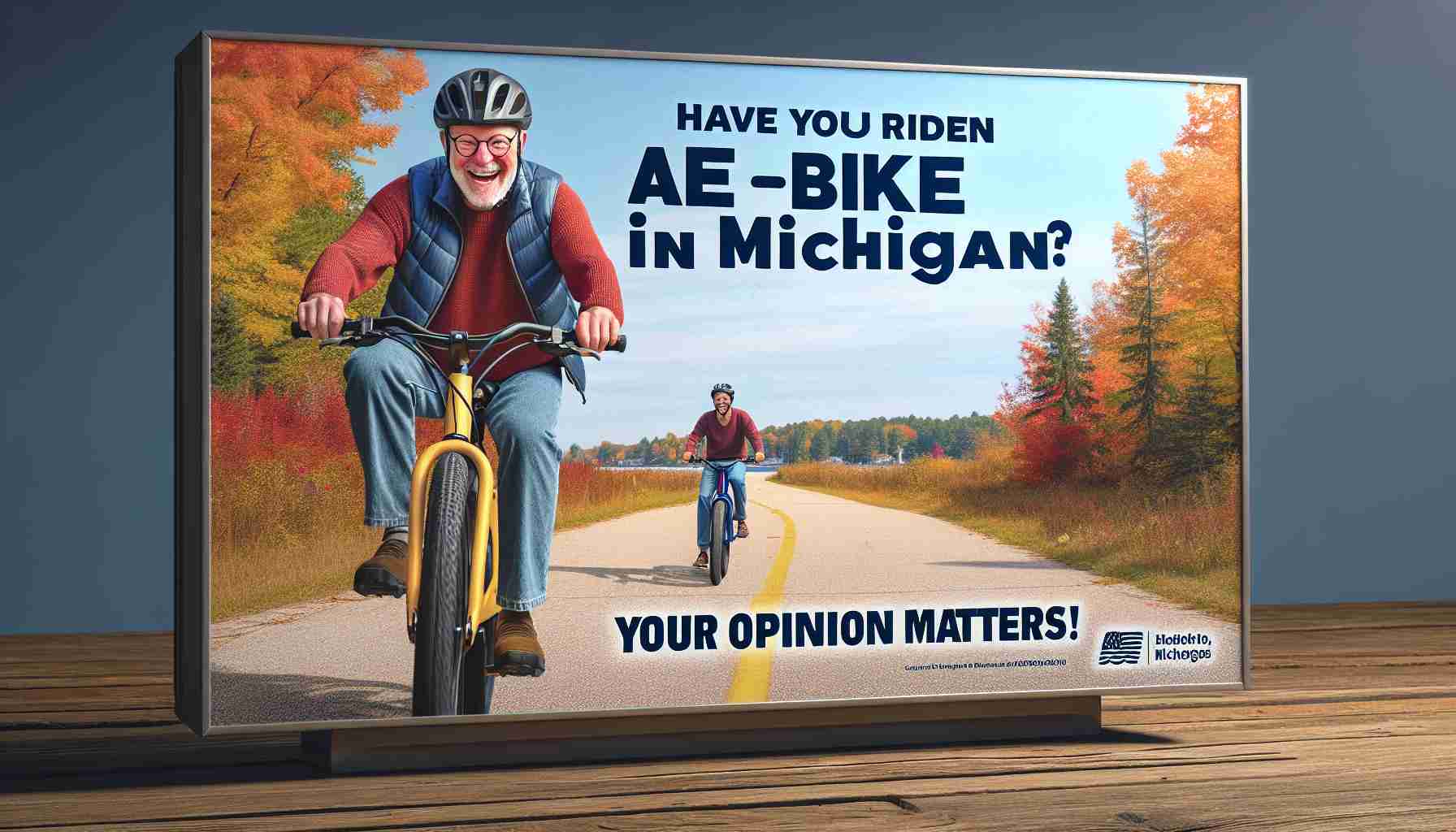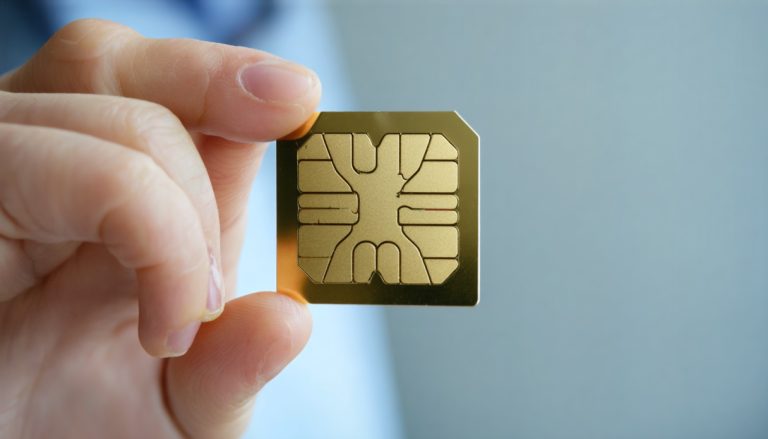
Share Your Experience to Shape Michigan’s Trail Rules
The Michigan Department of Natural Resources is reaching out to individuals who have experienced e-bikes on state trails. They are actively soliciting feedback through a survey related to recently implemented rules that permit electric bikes on designated trails during a one-year trial period.
This initiative aims to gather insights to decide the future of these policies. The department’s representative highlighted the importance of this survey in fostering dialogue about sharing trails among various users, including cyclists, pedestrians, and equestrians.
Concerns have been raised regarding the nature of e-bikes, with some considering them motorized vehicles unsuitable for natural trails. However, the department believes that the advantages of enhancing accessibility for individuals, especially those with disabilities or chronic illnesses, outweigh these concerns.
Class 1 e-bikes, which require pedaling and can reach speeds of 20 miles per hour, are permitted on most trails, while residents with disabilities may obtain permits for Class 2 e-bikes that can be operated using only the electric motor.
The Department of Natural Resources emphasizes that the adoption of these e-bike regulations has been driven by extensive public input over the years, and they are eager to understand residents’ experiences with the new rules. The survey will remain open until early summer 2025, allowing ample time for participation.
Have Your Say: Michigan’s E-Bike Trail Regulations Are Up for Review!
Understanding Michigan’s E-Bike Regulations
The Michigan Department of Natural Resources (DNR) is currently inviting feedback from trail users regarding the recently implemented rules that allow electric bikes (e-bikes) on select state trails. This initiative is part of a one-year trial aimed at evaluating the implications and effectiveness of these new regulations. The survey aims to draw insights from the experiences of individuals who have used e-bikes, fostering a deeper dialogue about shared use of these popular trails among various user groups including cyclists, pedestrians, and equestrians.
Why E-Bikes Matter
E-bikes represent a significant development in promoting outdoor activities by enhancing accessibility. They offer opportunities for people of varying abilities, particularly those with disabilities or chronic illnesses, to engage in outdoor recreation. The DNR is enthusiastic about the advantages these bikes present for increasing trail accessibility.
Types of E-Bikes Allowed
Under the current regulations, only specific classes of e-bikes are permitted on designated trails:
– Class 1 E-Bikes: Require human pedaling and are limited to speeds of 20 miles per hour. These are allowed on most trails.
– Class 2 E-Bikes: These can operate using solely the electric motor. Permits for Class 2 e-bikes can be obtained by residents with disabilities to enhance their trail access.
Survey Details
The DNR’s survey is an essential tool for collecting feedback and will be open until early summer 2025. Participants are encouraged to share their experiences and thoughts on the new e-bike regulations, allowing the DNR to understand the impact of these changes on the user experience and the environment.
Pros and Cons of E-Bikes on Trails
Pros:
– Increased Accessibility: E-bikes present recreational opportunities for those who may have had difficulty accessing trails.
– Environmental Benefits: E-bikes produce lower emissions compared to traditional motor vehicles, supporting sustainability.
– Encouragement for Outdoor Activity: They promote physical activity among diverse groups, fostering a healthier lifestyle.
Cons:
– Trail Safety Concerns: Higher speeds and motorized functionality can raise safety issues for other trail users, such as pedestrians and horseback riders.
– Perception of Trail Integrity: Some traditional trail users may view e-bikes as inappropriate for natural settings, leading to potential conflicts.
Future Insights and Trends
As outdoor recreation continues to evolve, e-bike regulations reflect a shift towards accommodating new technology in traditional outdoor spaces. The DNR’s willingness to adapt policies based on user feedback suggests a trend towards increased inclusivity in outdoor activities.
Get Involved!
Residents are encouraged to participate in this survey and share their experiences or concerns. This feedback can help shape the future of Michigan’s trail policies and contribute to a trail system that effectively serves all users. If you’re interested in participating or want to know more, visit the Michigan DNR for more information.
Conclusion
The initiative to incorporate e-bikes into Michigan’s trail system symbolizes a growing recognition of diverse recreational needs and the importance of trail accessibility. This ongoing survey will pave the way for future regulations that balance the demands of trail users with environmental considerations and safety.



